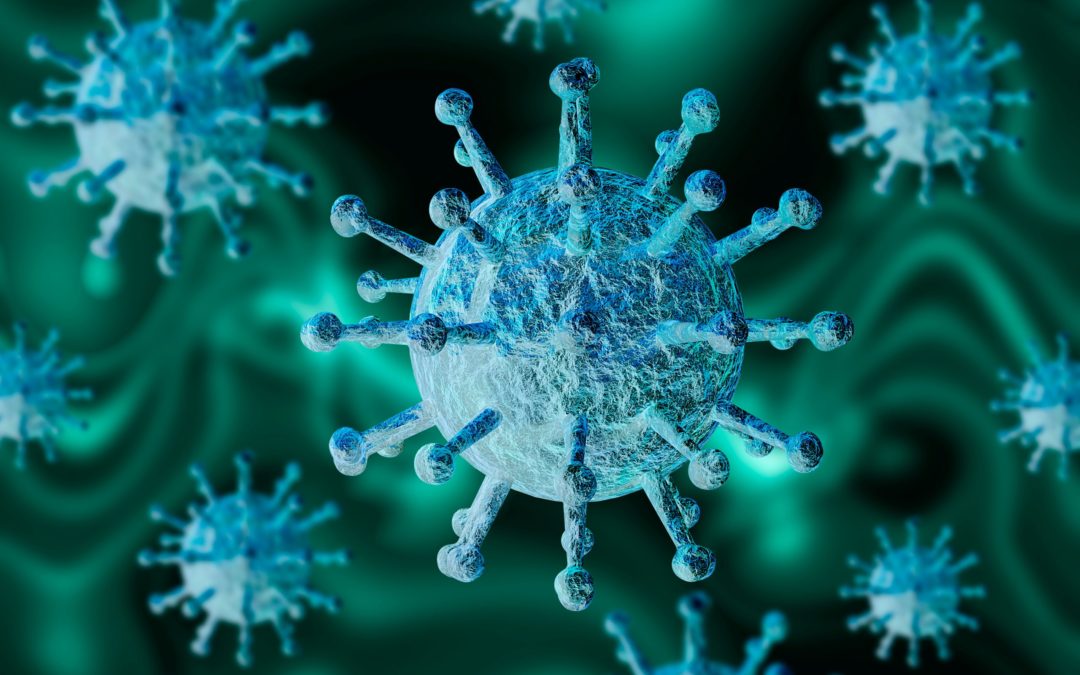Find a roundup of resources for behavioral health, children, and developmental disability here.
Coronavirus Journal
Here is a printable anxiety journal, specific to the coronavirus outbreak. It is a good place to record feelings and worries, and provides some help developing coping skills.
Some Coping Tips
- Be informed but take breaks from the news. Choose reliable sources for updates about the coronavirus, but don’t obsessively check for updates.
- Stay connected to your support system. Try texting, calling, or even old-fashioned letter-writing. You can also keep up with your loved ones using social media, but don’t get caught up in comparing your quarantine life to anyone else’s. Remember, there’s no right way to do this. We’re all winging it here and doing the best we can. Whatever you do to keep yourself calm and healthy is enough.
- If you receive ongoing mental health care, look into options to continue that during this outbreak. For example, we are now doing therapy sessions via telehealth. Call your local clinic for details.
- It’s scary to feel like the world is out of control. Focus on the things you can control–like washing your hands often and limiting your in-person interactions with other people. (Here is a quick video about the best ways to wash your hands.)
- Set some small goals. Is there a project you’ve wanted to do? Start with a relatively easy one. You’ll feel productive and ready to tackle the next task. If you can’t find an easy project, break a large one into smaller tasks.
- Keep your body healthy. Get some sunlight. Move your body. Eat healthy foods. Get plenty of sleep.
- Try meditation. Here is a guided meditation for pandemic anxiety.
- Journal your feelings. You’re living through a historic time, so it will be good to have a record. But it’s also a great way to recognize your feelings and work through them.
- Practice acts of kindness. Studies show that helping others boosts mental health. Look for ways to support your community through this time. It could be as simple as intentionally leaving positive comments on social media, calling to check on a friend, or ordering takeout from a local restaurant that’s struggling to stay open. It’s a time when all sorts of skill-sets are needed. You can sew masks for healthcare workers, create a message of hope for children waiting for their wishes from Make A Wish, paint positive pictures on your windows, or offer virtual math tutoring for parents.
Depression and Bipolar Online Support Groups
Tip sheet for coping with obsessive compulsive order amid COVID-19
Coranavirus-specific tips from the International OCD Foundation
Dr. Jon Grayson on coping with COVID-19 with OCD
A few other ways to find support via phone or computer
- Mental Health America of Virginia Non-Emergency Warm Line 866.400.6428 M-F 9am-9pm; Sat-Sun 5pm-9pm
- National Suicide Lifeline (800)273-8255 or chat online at suicidepreventionlifeline.org
- The Trevor Project (866) 488-7386 or www.thetrevorproject.org
- The National Domestic Violence Hotline is 24/7, confidential and free:1-800-799-7233 and through chat.
- The National Sexual Assault Hotline is 24/7, confidential and free:800.656.HOPE (4673) and through chat.
- The StrongHearts Native Helpline for domestic/sexual violence is available 7am-10pm CT, confidential, and specifically for Native communities:1−844-762-8483
- The Trans LifeLine for peer support for trans folks 9am-3am CT:1-877-565-8860 This hotline is staffed exclusively by trans operators is the only crisis line with a policy against non-consensual active rescue.
- National Parent Helpline Monday -Friday 12pm-9am CT emotional support and advocacy for parents:1-855-2736
- Disaster Distress Hotline – A free, national hotline providing 24/7, 365- day-a-year crisis counseling and support to people experiencing emotional distress related to disasters (including infectious disease outbreak). Trained counselors offer crisis counseling, information on recognizing distress, tips for healthy coping, and referrals for local care. For English speaker, call 1-800-846-8517 or text TalkWithUs to 66746. For Spanish speakers, call 1-800-985-5990 and press “2.”
Mental Health First Aid offers tips for helping individuals with mental illness during COVID-19.
A psychologist’s tips for handling anxiety during COVID-19
How to Help Someone with Depression or Anxiety during COVID-19 Pandemic
Coronavirus-related resources from the Anxiety and Depression Association of America
Coping with COVID-19 if you have post traumatic stress disorder
Dr. Bruce Perry has a great podcast called Staying Emotionally Close in the Time of COVID 19.
‘FACE COVID’ – How to respond effectively to the Corona crisis, by Dr Russ Harris, author of The Happiness Trap. ‘FACE COVID’ is a set of practical steps for responding effectively to the Corona crisis, using the principles of acceptance and commitment therapy (ACT).
Rolling Stone has a great article about what it’s like to experience the coronavirus outbreak as a person with obsessive-compulsive disorder.
The Today Show has tips from mental health professionals for dealing with coronavirus anxiety.
Is There a Right Way to Handle Coronavirus Anxiety?
Coping with Coronavirus Anxiety (from Harvard Health)
Coronavirus: Mental Health Coping Strategies (from NAMI)
Coping in a Crisis, Overcoming Anxiety from the National Council for Behavioral Health

